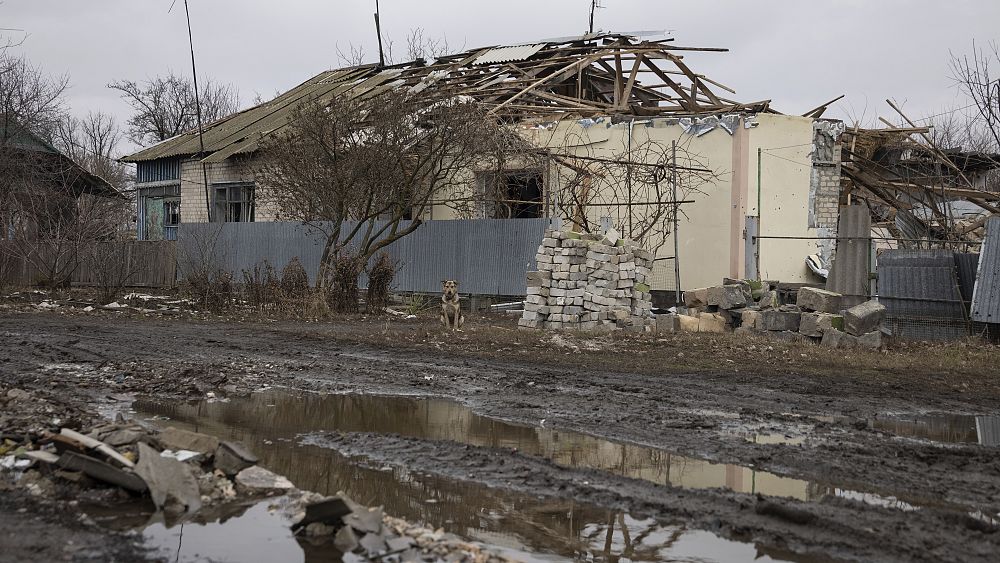
The Pentagon has flatly denied Russian allegations that private American security firms are sending chemicals into Ukraine.
On Tuesday, Russian Defence Minister Sergei Shoigu said that US companies delivered “tanks with unidentified chemical components” to war-torn Eastern Ukraine to “commit provocations,” according to Russian state media.
When asked about Moscow’s comments, US Defence Department spokesman John Kirby said Shoigu’s accusation was “completely false”.
Shoigu also alleged that 120 employees of American firms are operating in two Ukrainian villages, training troops and setting up firing positions in residential buildings and different facilities.
An alleged buildup of Russian troops along its border with Ukraine earlier this month sparked fears about a potential invasion.
The Kremlin denies it is planning an incursion into Ukraine. Moscow blames the United States and NATO’s expansion into Eastern Europe for stoking tensions.
Russian President Vladimir Putin said Tuesday that the presence of any US or NATO missile systems in Ukraine is the “most serious challenge” to his country’s security.
Putin has repeatedly pressed for legally binding guarantees that would rule out NATO’s eastern expansion and roll back its military deployments in Europe.
“What is happening now, tensions that are building up in Europe is their (US and NATO’s) fault every step of the way,” Putin said. “Russia has been forced to respond at every step. The situation kept worsening and worsening, deteriorating and deteriorating. And here we are today, in a situation when we’re forced to resolve it somehow.”
US Secretary of State Antony Blinken told reporters Washington is working with its European allies to address what he called “Russian aggression” with diplomacy. He added that President Joe Biden opposes the kind of guarantees sought by Putin.
“The president has been extremely clear for many, many years about some basic principles that no one is moving back on: the principle that one country does not have the right to change by force the borders of another, that one country does not have the right to dictate the policies of another or to tell that that country with whom they may associate,” Blinken told reporters in Washington.
Washington-Moscow relations sank to post-Cold War lows after Russia annexed the Crimean Peninsula in 2014 and began backing an insurgency in eastern Ukraine. That conflict has left more than 14,000 people dead, and Russian separatists still control territory there.
US Assistant Secretary of State Karen Donfried, the top U.S. diplomat for Europe, said at a briefing Tuesday that Washington is prepared to discuss some of the proposals put forward by Moscow. Others, she said, “the Russians know will be unacceptable,” she said, without specifying which ones.
NATO Secretary-General Jens Stoltenberg said that he plans to call a NATO-Russia Council meeting as soon as possible in the New Year.
“Any dialogue with Russia needs to be based on the core principles of European security and to address NATO’s concerns about Russia’s actions,” Stoltenberg said Tuesday.